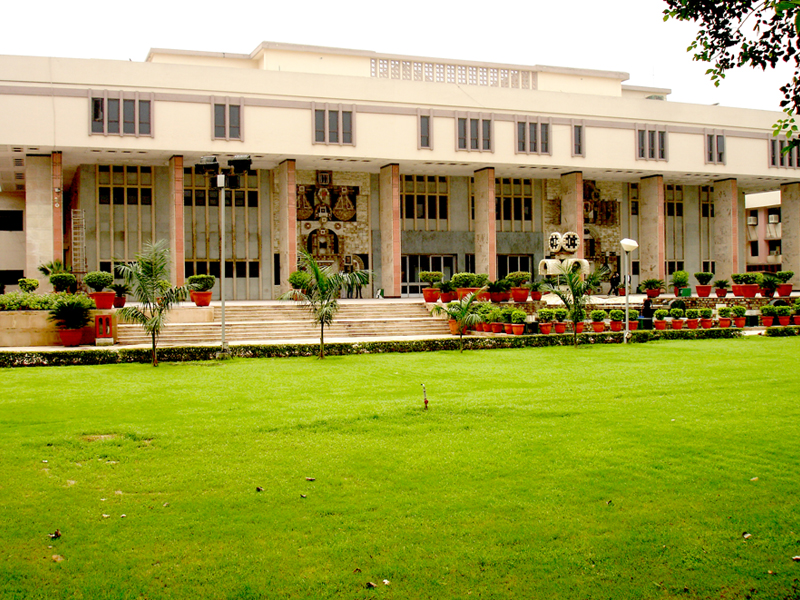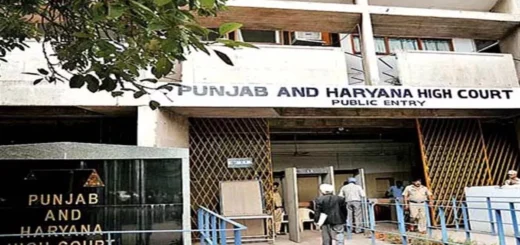Delhi High Court Orders Sudershan Singh Wazir to Surrender in the Murder Case of Former MLC Trilochan Wazir, Denying His Request for Discharge.

The Delhi High Court has ordered Sudershan Singh Wazir to surrender in the murder case of Ex-MLC Trilochan Wazir, stating that he cannot benefit from a previous discharge order by the trial court. The Court approved the State’s application under Section 390 of the Cr.P.C. This decision came after the Trial Court’s discharge order was stayed, which had previously allowed Wazir’s release. The Bench noted that since the discharge order was paused, Wazir must return to custody as he is still considered an accused. Justice Anish Dayal remarked that given the unique circumstances, the State was not aware that Wazir had already been granted bail before the revision was brought to this Court. Therefore, the State was allowed to file the Section 390 Cr.P.C. application later. He emphasized that there is no limitation on such applications and that the High Court has the discretion to send an accused back to jail.
This case involves the murder of Trilochan Singh Wazir in 2021. Wazir, a notable figure from Jammu, was a former member of the Legislative Council and the Chairman of the J&K Gurudwara Prabhandak Committee. His body was found in a flat in Delhi after his brother reported him missing. Following the filing of an FIR, the prosecution claimed that the murder was carried out at the request of the respondent, who is also from Jammu. The accused allegedly rented the location where the murder took place, with CCTV and call detail records supporting their presence there.
The trial court released all the accused from their charges. However, the High Court put a hold on this release after the first hearing, but the respondent had already been freed before the hold was placed. Later, the State submitted a request under Section 390 of the Cr.P.C. to bring the respondent back into custody, claiming that the hold on the release canceled it. The High Court referred to a decision by the Supreme Court in State of U.P. v. Poosu (1976), which stated that when the High Court reviews an appeal against an acquittal and finds valid reasons to intervene, the accused’s status and the case against them are reinstated. The issue of their guilt or innocence then becomes active again.
The Court clarified that the stay order returned the respondent to their status as an accused and noted that all respondents should be treated the same way. The Court pointed out that if the respondent remained free, the stay order would lose its purpose. The Bench stressed that this order prevents the respondent from taking advantage of the discharge order while the case is still in progress. “Once the appeals are filed, the Appellate Court’s authority comes into play, either requiring the accused to provide bail bonds and sureties or using the powers under Section 390 Cr.P.C.,” the Bench stated.
The Court stated that the respondent must be taken into custody and cannot benefit from the discharge order, which is currently on hold. If the respondent is not taken into custody, the stay order would be meaningless and ineffective, which the Court cannot accept. Therefore, based on the stay order from October 21, 2023, the respondent’s use of the disputed discharge order would be unlawful and invalid. As a result, the High Court approved the application.
Cause Title: State (NCT of Delhi) v. Harpreet Singh Khalsa & Ors. (Neutral Citation:2024:DHC:8491)









